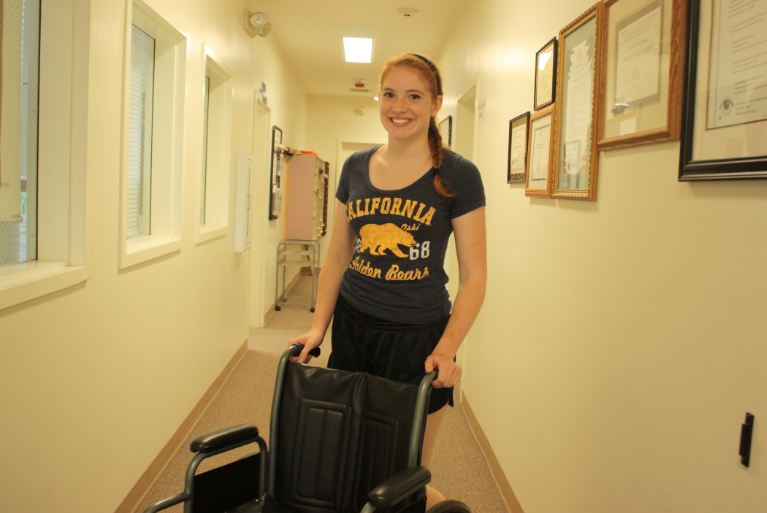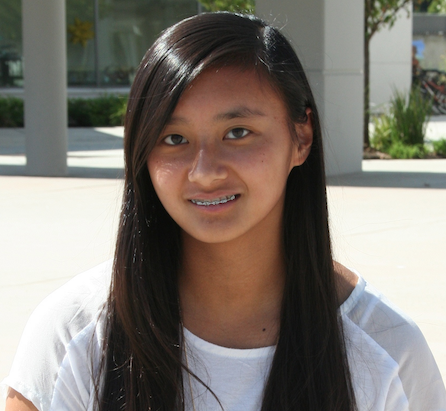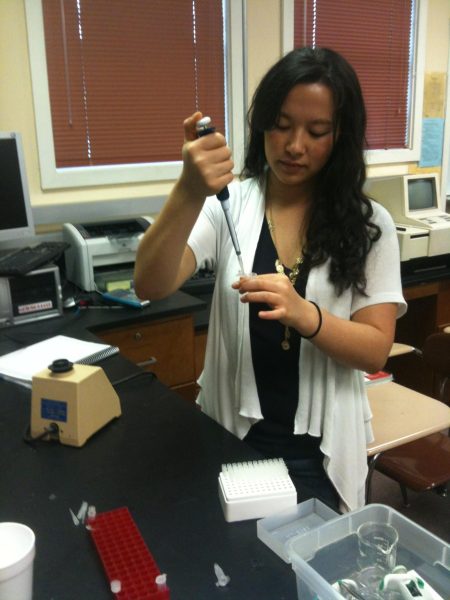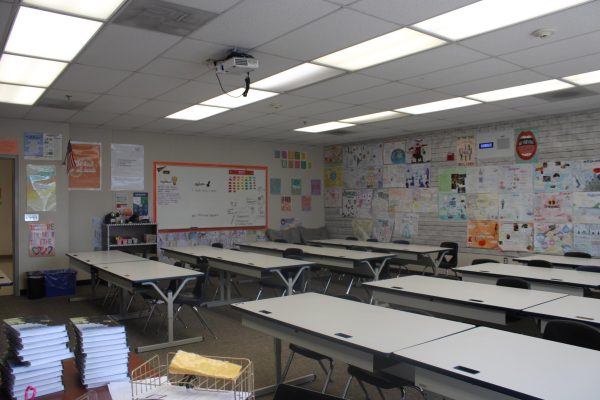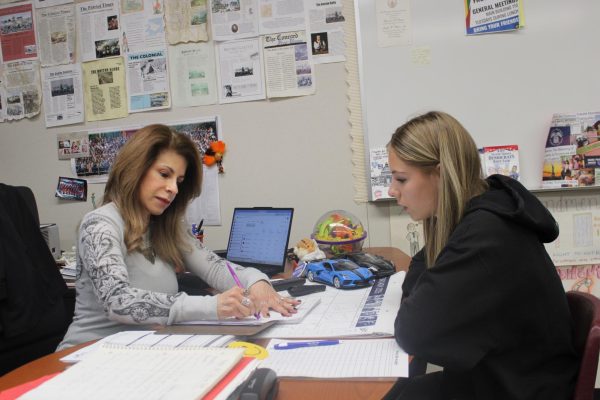Foundation delivers hope
From the eight-year-old Paraguayan boy riding on his grandmother’s back, unable to walk to school on his own, to the 61-year-old Guatemalan woman yearning to go to church but unable to leave home for six years, the Wheelchair Foundation has changed countless lives through the gift of mobility.
Over 100 million people worldwide with physical disabilities do not have access to a wheelchair because of financial reasons, according to the Wheelchair Foundation’s website. The non-profit organization seeks to not only to build awareness of the situation, but also to provide a solution.
“The Wheelchair Foundation was started locally by Ken Behring, real estate developer and philanthropist in 2000, with a goal of providing a free, new wheelchair to every man, woman and child in the world who needs one,” said Don Routh, a long-time volunteer for the foundation and co-founder of Del Corazon, a group that helps raise funds for charities in the Americas.
Non-governmental organizations help to distribute the wheelchairs to recipients in need around the world, a process that requires the careful consideration of the benefits of having a wheelchair versus not having one.
Cal High junior McKenna Lay, who became involved with the foundation through the volunteer club Interact, plans to join a distribution team that will deliver wheelchairs in Costa Rica in July.
“Mobility is a basic human right,” said Lay. “We have the means to help people, so why not?”
Though the high demand and cost of importing wheelchairs into developing countries inflates the price of wheelchairs, the foundation is able to purchase them in bulk quantities to lower the cost.
“A wheelchair [in developing countries] for one person can go up to $2,000,” said Lay. “For us, it’s $150.”
Since its inception, the foundation has already delivered nearly one million wheelchairs in 155 countries.
According to its website, the wheelchairs are manual and designed for a variety of conditions, enabling especially those in developing countries to have widespread mobility.
As volunteers through the Wheelchair Foundation, Routh and his son, who was born with Cerebral Palsy, have personally witnessed the life-changing freedom that mobility can give people.
“My son Josh and I have been on 23 wheelchair distribution trips to 14 countries and have delivered over 7,200 wheelchairs in the last eight years,” said Routh. “We cry, they cry. We can tell you amazing stories of how people’s lives have been transformed…all by something that costs less than our cell phones.”
This summer, Lay, along with her mother and members of the Rotary Club, will be able to experience the joy of empowering people with independence and opportunity first-hand.
Worldwide, Rotary Clubs consisting of mostly business and professional leaders that form Rotary International have played key roles in delivering the wheelchairs and raising funds in the past.
During the distribution trip, the volunteers will be able to physically lift designated recipients into the chairs, while also receiving a life changing experience themselves.
For the past year, in order to help support this effort, Cal has been one of the schools in the district working through Interact to raise funds by collecting money from students and hosting car washes.
Word of the Wheelchair Foundation had originally spread to the club through Principal Mark Corti, who had approached the Cal clubs at the beginning of the year and encouraged them to help fundraise. Some Rotarians also offered to match any amount raised up to $300.
Last semester, Interact raised about $800, $300 of which was generously matched by the Rotary club to bring the total to around $1,100.
Many members feel the organization addresses a pressing and important issue.
“Their mission is really inspiring,” said Cal Interact president senior Marnie Lowe. “The fact that they are trying to directly make people’s lives better without bureaucracy or any waste makes them a great organization.”
Senior Alexandra Villafuerte, another a member of Interact, also believes that the foundation’s work has a profound impact on many lives.
“There are people physically incapable of moving,” said Villafuerte, “You can’t live your life without something as basic as health… [A wheelchair] could completely change someone’s life and give them freedom and power.”
Freshman Hallie Beard, who heard about the Wheelchair Foundation through a family friend, supports the foundation as well because of its unique mission and worthy cause.
“It’s different because you’re giving [people] the ability to do something,” said Beard.
The foundation is also praised for its cost-effective model of producing and delivering wheelchairs.
“I am impressed with the business model used by the Wheelchair Foundation whereby they primarily rely on volunteers so that the money that is raised can go to the program cost of manufacturing and transporting the wheelchairs,” said Routh.
But Routh and Lay both believe that the work is far from done.
The foundation is hoping to collect more donations, especially toward raising enough money to deliver 560 wheelchairs to Honduras and Costa Rica.
Every dollar, including spare change, counts toward the goal of raising $2.50 per student, said Lay. In addition, further publicity for the foundation is needed.
“The first step is to raise awareness of the need for mobility in the world,” said Routh. “We also need to sensitize our future leaders to issues and challenges faced by people with all types of disabilities. If we are successful in touching people’s hearts, then they will donate money, so that we can make a difference in the world.”
